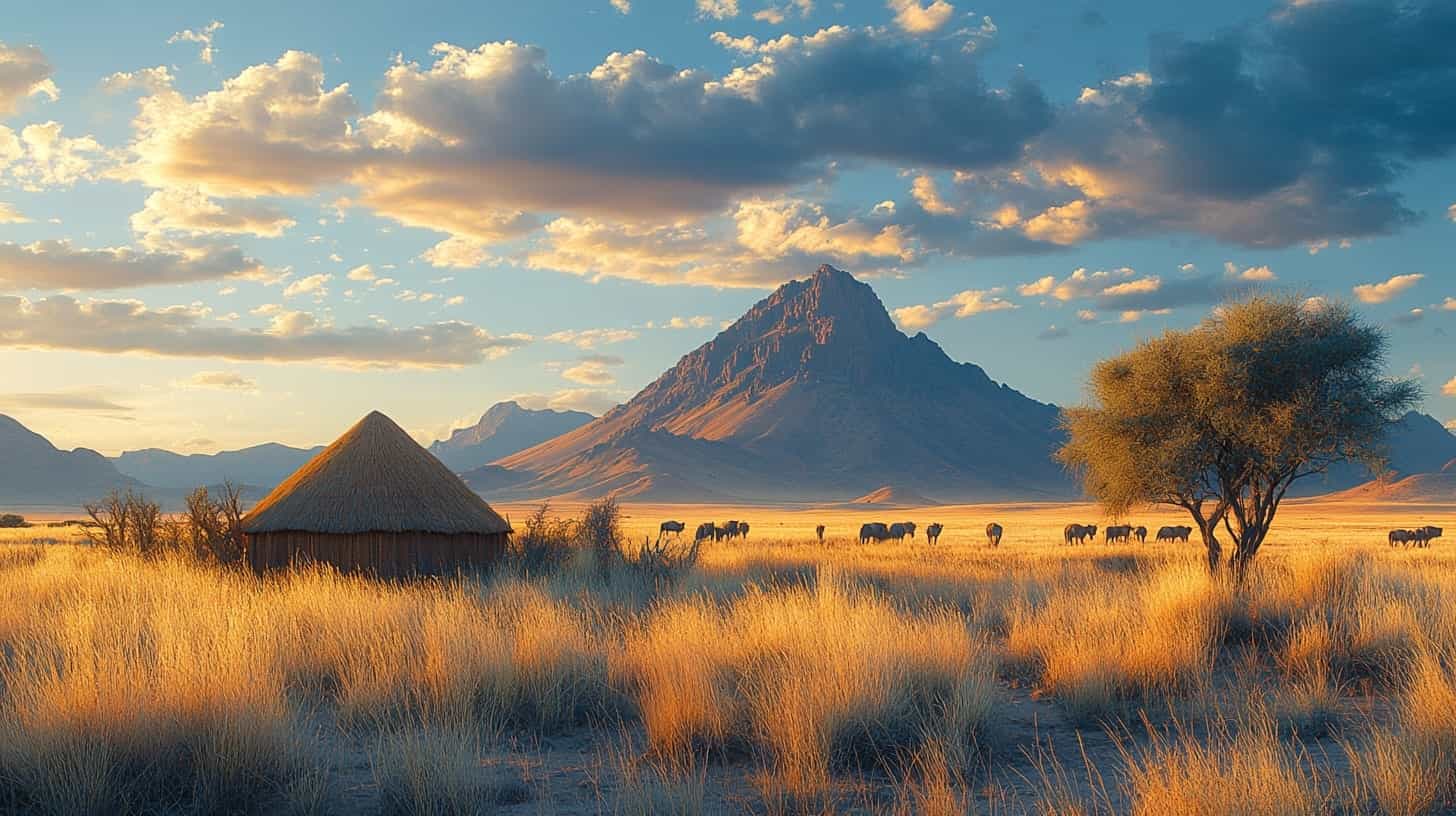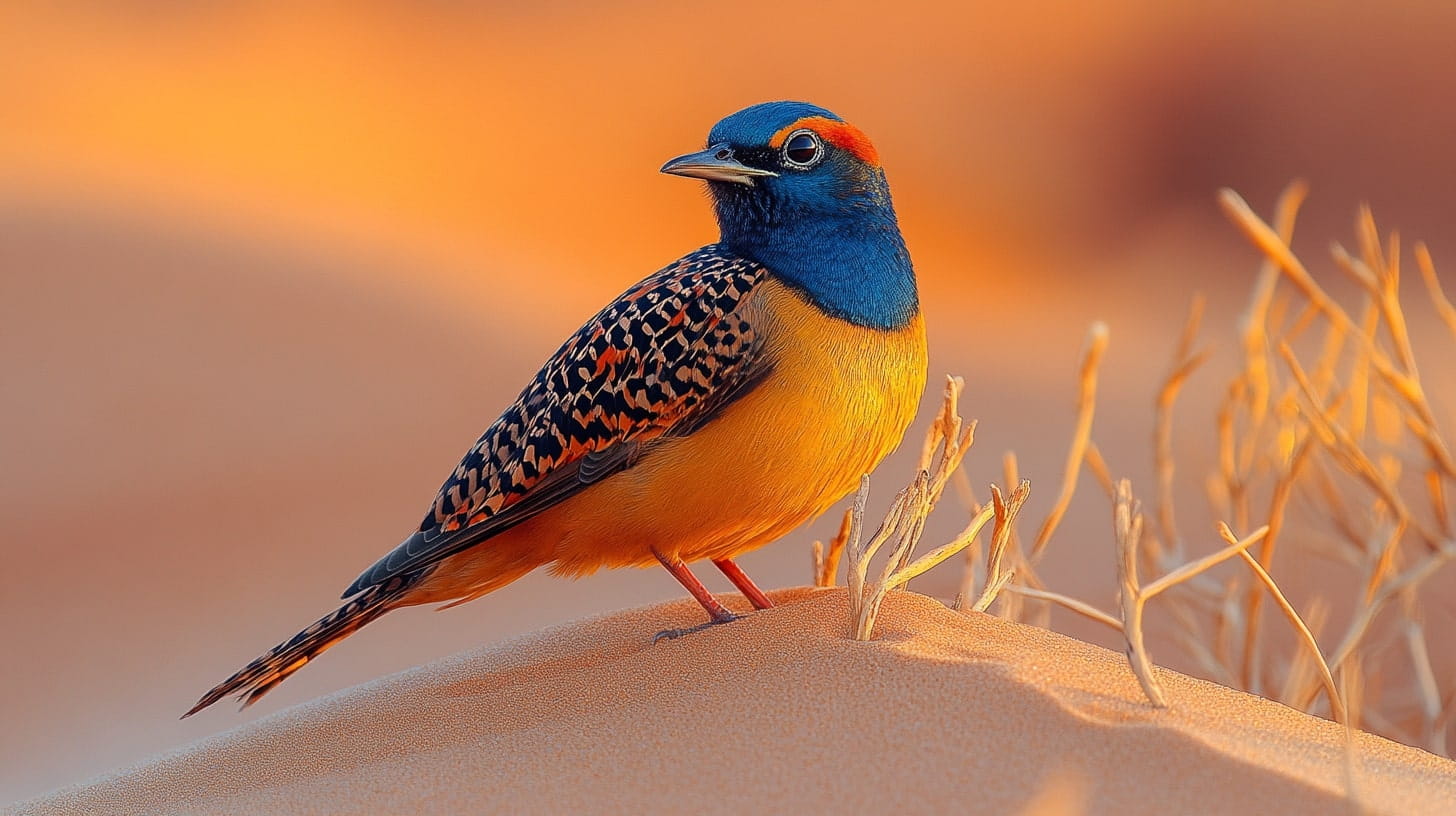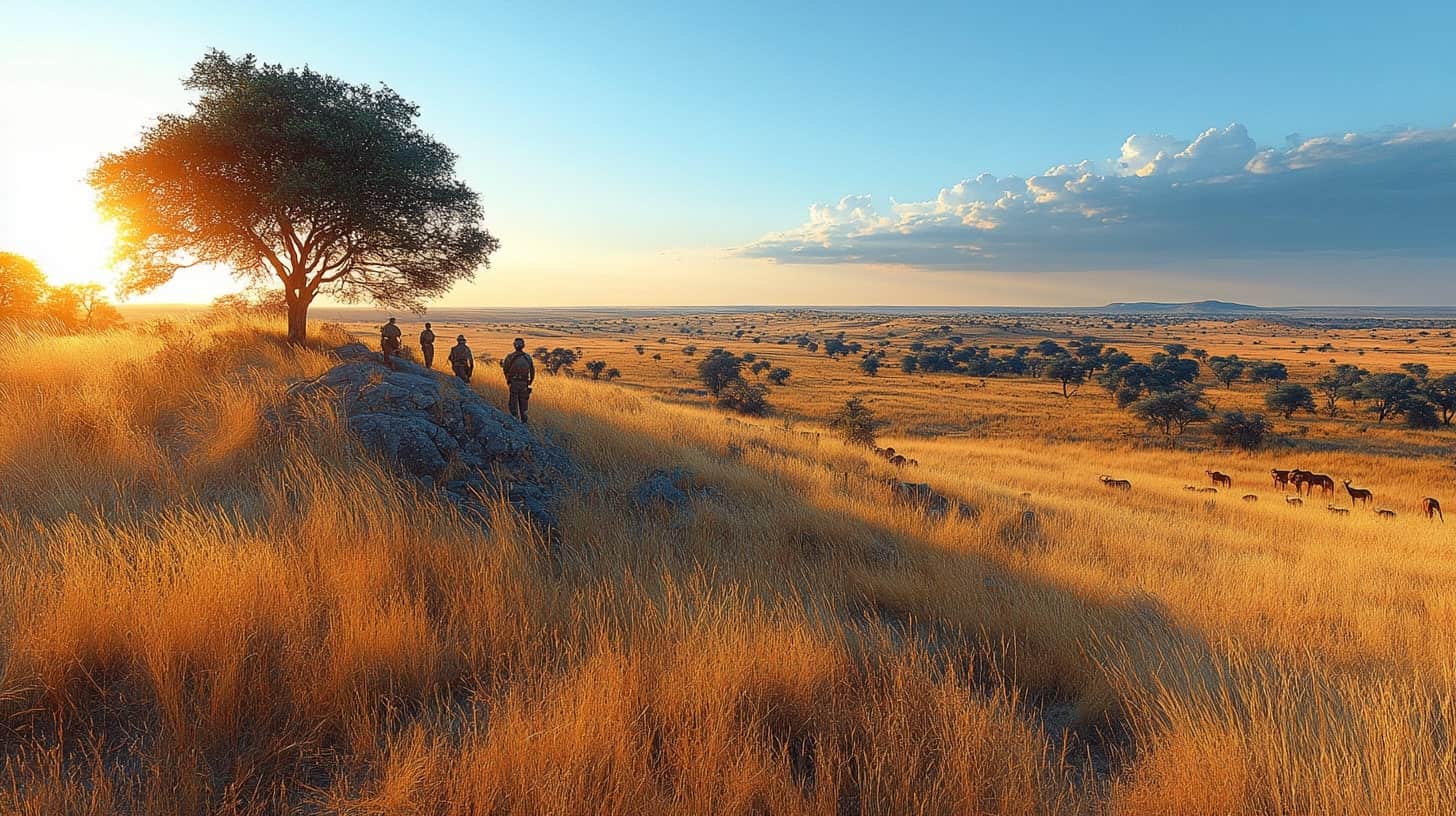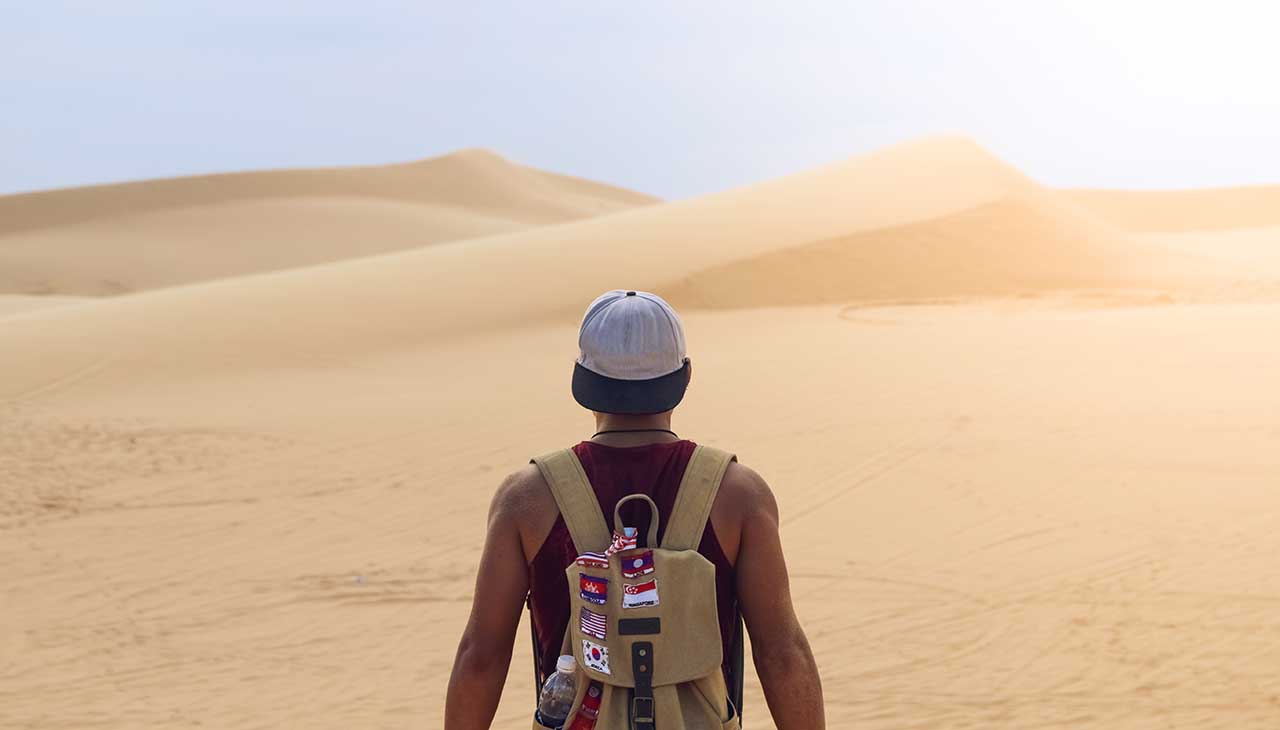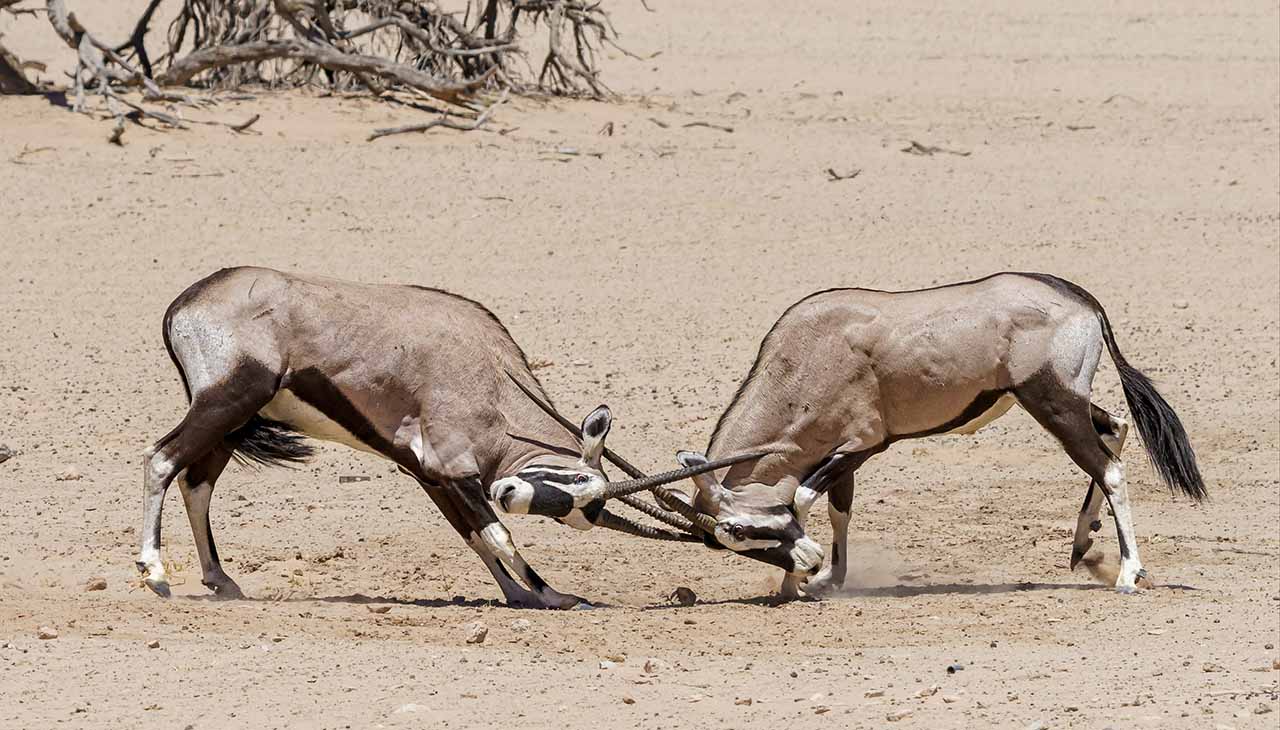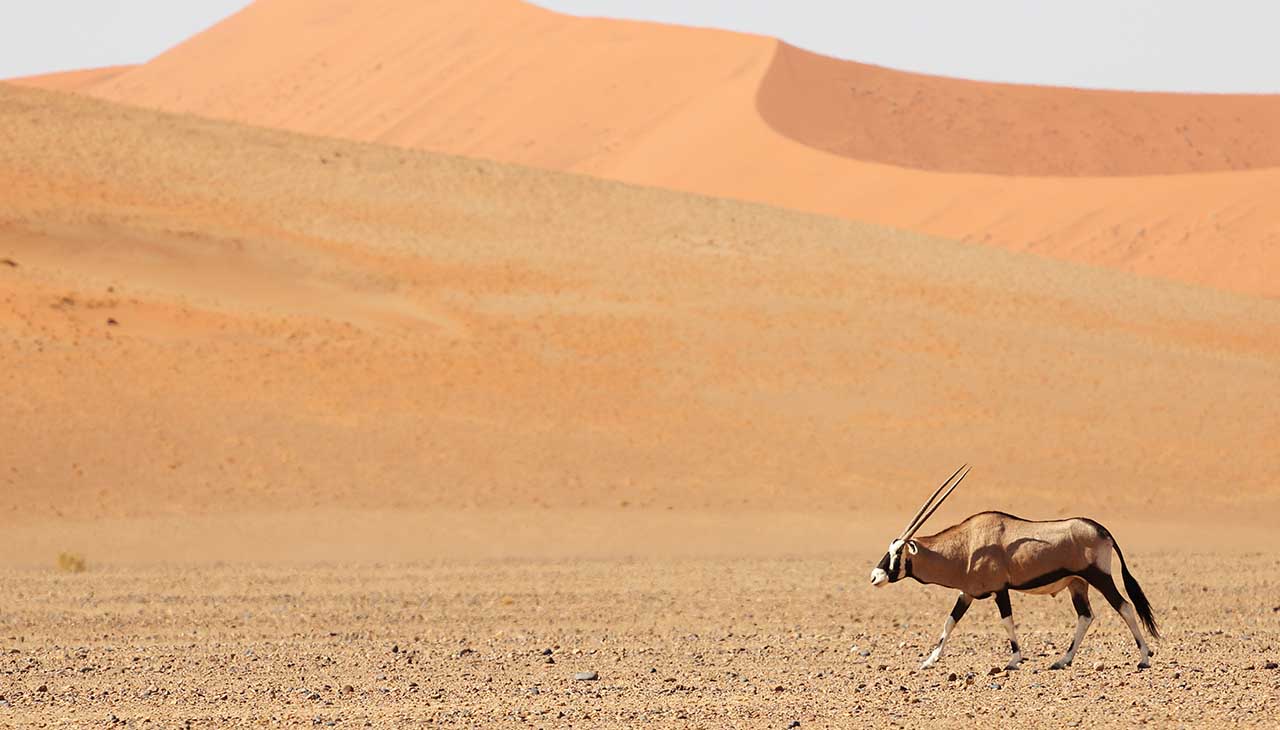
Introduction
The vast expanse of the Kalahari Desert, with its golden dunes and striking landscapes, offers an unparalleled experience for adventure seekers. Known for its diverse wildlife and challenging terrain, the Kalahari has become a sought-after destination for big game hunters. If you’re an outdoor explorer eager to test your skills and experience the thrill of the hunt, this guide will prepare you for what lies ahead.
In this post, we’ll explore the significance of the Kalahari for big game hunting, discuss ethical and sustainable hunting practices, and provide practical tips for planning your adventure. By the end, you’ll be ready to set off on an unforgettable expedition.
The Kalahari A Hunter’s Paradise
The Kalahari Desert, spanning Botswana, Namibia, and South Africa, is a hunter’s dream come true. Its diverse ecosystems range from arid deserts to lush savannas, creating habitats for a wide array of wildlife. The landscape is dotted with ancient trees, salt pans, and seasonal rivers, offering a picturesque backdrop for your hunting adventure.
Among the key species targeted by hunters in the Kalahari are the majestic kudu, the elusive gemsbok, and the powerful Cape buffalo. The region is also home to other game such as springbok, eland, and even the iconic lion. Each species presents its own set of challenges, making the hunt an exhilarating test of skill and endurance.
Hunters are drawn to the Kalahari not just for the thrill, but for the opportunity to connect with nature in one of the most pristine environments on Earth. The raw beauty of the landscape, paired with the diverse wildlife, makes for an unforgettable hunting experience.
Ethical and Sustainable Big Game Hunting
In recent years, there has been growing awareness about the importance of ethical and sustainable hunting practices. Responsible hunters prioritize the well-being of wildlife populations and the ecosystems they inhabit. In the Kalahari, conservation efforts are paramount to preserving the delicate balance of this unique environment.
Sustainable hunting practices ensure that wildlife populations are managed in a way that supports their long-term survival. This includes adhering to strict quotas, respecting hunting seasons, and targeting older, non-reproductive animals. By doing so, hunters contribute to the health of the ecosystem while still enjoying their sport.
Conservation efforts in the Kalahari are often funded by hunting licenses and fees. These funds support anti-poaching initiatives, habitat restoration projects, and community development programs. Ethical hunters play a crucial role in these efforts, helping to safeguard the future of the Kalahari’s wildlife.
Planning Your Kalahari Adventure
Preparing for a big game hunt in the Kalahari requires careful planning and consideration. Start by researching reputable hunting outfitters who have a strong track record of ethical practices and excellent customer service. Look for reviews and testimonials from previous clients to gauge their experiences.
When it comes to packing, focus on essentials that will enhance your comfort and safety. Lightweight, breathable clothing is a must for the hot, dry climate. A good pair of boots, a wide-brimmed hat, and high-SPF sunscreen will protect you from the elements. Don’t forget your hunting gear, including a reliable rifle, ammunition, and binoculars.
It’s also important to consider the logistics of your trip. Ensure you have all necessary permits and documentation, and familiarize yourself with local regulations. Travel insurance that covers hunting activities is highly recommended. Planning ahead will help you avoid any unexpected hiccups and make the most of your adventure.
The Thrill of the Hunt What to Expect
The anticipation builds as you step into the Kalahari, rifle in hand, ready to take on the challenge of big game hunting. Personal accounts from experienced hunters often describe a mix of excitement, nerves, and awe at the beauty of the surroundings. The hunt itself is physically demanding, requiring patience and skill as you track your prey through the rugged terrain.
Expect to spend hours in pursuit, moving stealthily and staying alert to every sound and movement. The desert can be unforgiving, with extreme temperatures and sparse water sources, so staying hydrated and maintaining your energy levels is crucial. The thrill of finally spotting your target and making a successful shot is a reward like no other.
The hunt is not just about the kill; it’s about the experience and the connection with nature. Many hunters find that the most memorable moments come from the quiet times spent observing wildlife, learning from guides, and sharing stories around the campfire. The Kalahari offers a unique opportunity to immerse yourself in the wild and test your limits.
Post-Hunt Reflections and Conservation Efforts
After the hunt, it’s important to reflect on the impact of your actions and the broader implications for wildlife conservation. Ethical hunters understand the significance of their role in maintaining the balance of the ecosystem. By participating in regulated hunting, you contribute to the funding of conservation efforts that protect endangered species and their habitats.
Post-hunt, take the time to learn more about the ongoing conservation projects in the Kalahari. Many organizations offer opportunities to get involved, whether through financial contributions, volunteer work, or spreading awareness. Supporting these initiatives helps ensure that future generations can enjoy the beauty and biodiversity of the Kalahari.
By sharing your experiences and knowledge with others, you can inspire a greater appreciation for ethical hunting practices and conservation. Encourage fellow hunters to adopt responsible behaviors and contribute to the sustainability of wildlife populations. Together, we can make a positive impact on the Kalahari and its inhabitants.
Conclusion
Big game hunting in the Kalahari is an adventure like no other, offering the chance to connect with nature, test your skills, and contribute to important conservation efforts. By understanding the significance of the Kalahari, practicing ethical hunting, and planning carefully, you can ensure a rewarding and responsible experience.
We hope this guide has provided valuable insights and practical tips to help you prepare for your own Kalahari adventure. Remember, the thrill of the hunt is just the beginning. By supporting conservation initiatives and sharing your experiences, you can make a lasting impact on the future of wildlife and the environment.
Ready to start your Kalahari adventure? Share your stories and continue the conversation with fellow hunters and enthusiasts. Together, we can celebrate the beauty of the Kalahari and work towards a sustainable future for its incredible wildlife.
